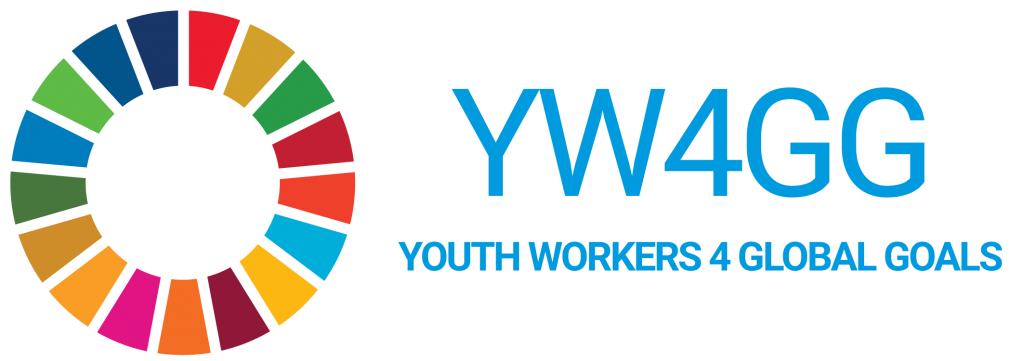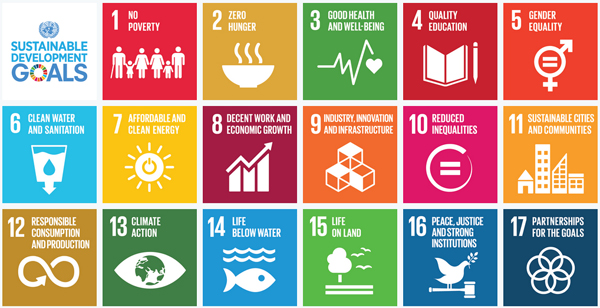
ID Project: 608249-EPP-1-2019-1-BE-EPPKA2-CBY-ACPALA
Start: 28-11-2019 – End: 27-11-2021
In September 2015, the General Assembly of United Nations adopted the 2030 Agenda for Sustainable Development that includes 17 Sustainable Development Goals (SDGs). Building on the principle of “leaving no one behind”, the new Agenda emphasizes a holistic approach to achieving sustainable development for all. They address the global challenges we face, including those related to poverty, inequality, climate, environmental degradation, prosperity, and peace and justice.The adoption of the 2030 Agenda and its SDGs represent a change of paradigm of the international policies on development cooperation and also the EU has committed to implement the SDGs both in its internal and external policies. But while the Agenda 2030 has been adopted, the real work is now. The main challenge for the EU is to make Agenda 2030 a reality, making sure we reach all of the SDGs and targets, within Europe and globally. In fact, these goals can only be fully achieved with active and broad youth engagement. In EU nearly one third of the EU population are under the age of 30 (Eurostat, 2017) while, globally, there are 1.8 billion people between the ages of 10-24, which are the largest generation of youth in history. Close to 90% of them live in developing countries (e.g. Latin America), where they make up a large proportion of the population. Connected to each other, young people can contribute to the resilience of their communities, proposing innovative solutions, driving social progress and inspiring political change. Provided with the necessary skills and opportunities needed to reach their potential, young people can become agents of change, mobilizing to advance the SDGs to improve the lives of people and the health of the planet.

From 8th until 17th of March, 2021, youth workers coming from Argentina, Colombia, Peru, Denmark, Belgium, Spain and Estonia gathered together for the YW4GG training course, hosted by Asociación Alternativas y accion social in Cartagena de Indías, Colombia.
During the training course, participants had the opportunity to discuss the importance of Sustainable Development Goals (SDGs) and the necessity to carefully plan and engage diverse stakeholders that can speed their achievement. Moreover, participants discussed the role of youth work in the achievement of SDGs as well as the need of supporting young people to reach their full engagement, empowerment and development because provided with the necessary skills and opportunities, they can be a driving force that lead to effective transformation.
The training course was a great chance for youth workers to exchange their views, ideas and share good practice related to the project topics. Through non formal activities and group works, participants debated in deep the main progress and problems in their countries of origin related to particular SDGs.
In addition, the event also helped youth workers to learn more about each other culture while enjoying the time together. During the training course was organized an intercultural night where participants were invited to bring their own traditional food, beverages, souvenirs and present their countries using ppt presentations, videos or/and typical dances. Moreover, participants had an opportunity to enjoy the city and local culture, thanks to the cultural and educational visits organized through the training week.
In the end of the project, youth workers also received their youthpass certificates.





